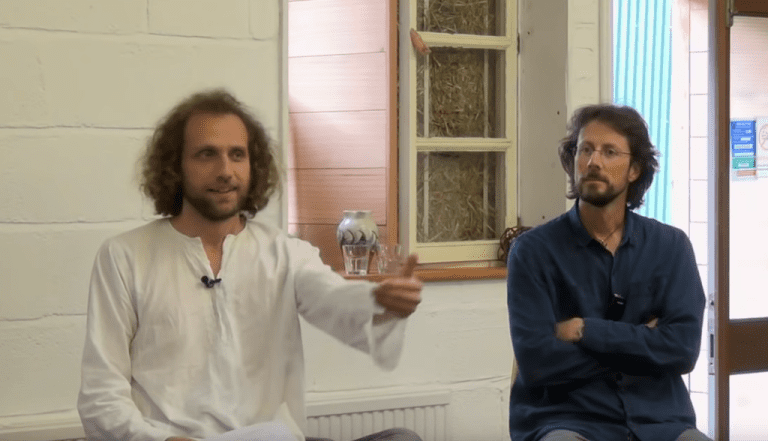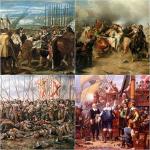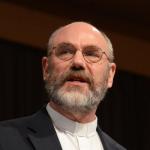In yesterday’s post we heard a bleak assessment of our times from John Daniel Davidson, who, in turn drew on British novelist Paul Kingsnorth, who moved from radical environmentalism to Orthodox Christianity. We’ve discussed Kingsnorth before, but he has written an essay that is provoking some interesting reactions.
He has published in the British contrarian webzine Unherd an article entitled Is there anything left to conserve? His answer, in a word, is “no.” He writes,
In this unsettled world, the notion that the West is declining, collapsing, dying or even committing suicide is reaching a crescendo. Multiple reactions are underway to try and shore it up. The chickens of modernity, which the West created and exported, have come home to roost, and we are all increasingly covered in their guano.
The West is committing suicide. What an apt metaphor. Western civilization is killing itself for the same reasons individuals do: guilt, despair, self-loathing.
Kingsnorth goes on to interpret history and our times in light of the Garden of Eden and the serpent’s temptation that if we rebel against God by eating the forbidden fruit, we will become like God. He describes the consequences of the Fall and how God takes pity on us, how He “stages an intervention” by becoming one of us, letting Himself be killed by us sinful human beings, and in doing so makes us holy again.
Kingsnorth then lauds “Christendom,” the culture that grew out of this faith. But then came the Enlightenment, which sought to keep the Christian values while denigrating its teachings, offering a new vision of reality–the autonomous individual attaining complete understanding of nature and controlling it with technology. He says that he used to think like that, until he found the deeper truth of Christianity as he experienced it in the liturgy.
Now both Christendom and the Enlightenment are gone. And a new vision of reality, a new “religion,” has emerged to take its place. Here is a sampling of what he says about it:
We are following the path of the snake rather than the path of the creator. . . . Once you reject God, you are fated to try and replace him. . . .
Transhumanism, artificial intelligence, the “transcending” of everything from gender to biology, the growing of food and babies in labs: openly now, we seek to break all given limits, remake nature, build the world anew. We seek to become gods. . . .
We are on the verge of a revolution now, and it may make the Enlightenment look like a tea party. The entire basis of reality is being rewritten, or so we tell ourselves. Whole generations are growing up with a closer relationship to screen-based abstraction than to manual work or to the natural world. They have been convinced that the world is our playground, and that everything from history to human nature to sexual dimorphism can be changed at will.
We are consciously making ourselves post-human, even as we strive to make the world post-natural and post-wild. If the age you live in is starting to take on the flavour of a war over the very meaning of reality itself — which is to say, a religious war — well, that’s because it is.
What, in this world, can we possibly “conserve”? Nothing. In a culture which does not agree that nature exists, or that we have some basic, shared assumptions about reality, the question barely even makes sense. The challenge now is not to ask what we can “conserve” or “restore”. We have to go much further back. We have to dig down to the foundations. . . .
What can we do when there’s nothing left to conserve? Pray.
To pray is not nothing, much less a desperate gesture when all else fails. In light of what he says about how he was liberated from the “Machine,” he is saying to pray the divine liturgy, which taught him–indeed gave him an “immersion” in–“the stuff of life.”
Tomorrow we’ll look at a response to Kingsnorth’s essay, one which raises issues of its own.
Photo: Paul Kingsnorth (right) with Dougald Hine, Account: DartingtonTV, CC BY-SA 3.0 <https://creativecommons.org/licenses/by-sa/3.0>, via Wikimedia Commons













